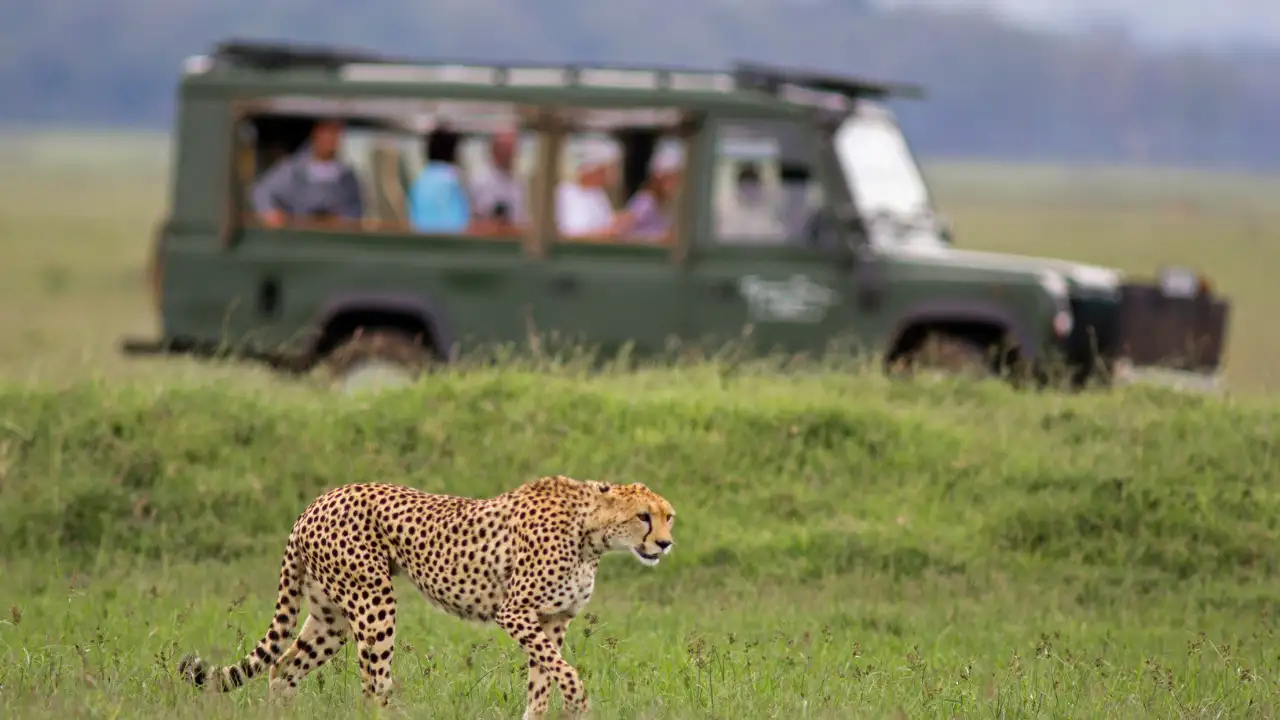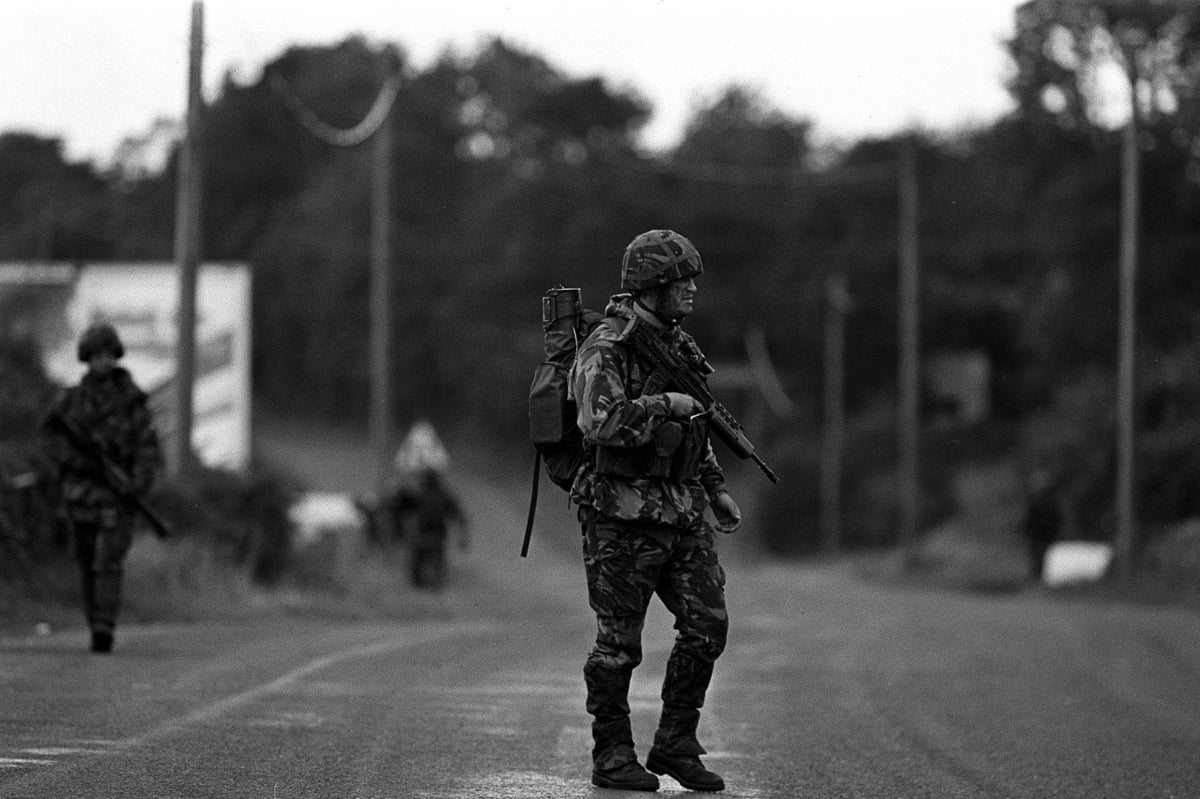Copyright timesnownews

The rustle of tall grass, the glint of sunlight off a lion's mane, and the quiet stretch of open Savannah – an African safari feels straight out of a dream. But if you're going for the first time, the idea of planning can seem daunting since Africa is vast, and many regions offer a different type of adventure. Here's a guide that takes you through everything, from choosing the right park and best months to visit to what to pack and much more. Choosing Where to Go Africa has dozens of different safaris, each with its own story to tell. If one wants to see the big five animals in their natural habitat – lions, elephants, rhinos, leopards, and buffalos – then travelling to the Maasai Mara in Kenya or the Serengeti in Tanzania is the right choice. These places are where the famous Great Migration takes place each year, an unbelievable sight of wildebeest and zebra moving in endless herds. In case you want something more simple and suitable for a beginner, it is advisable to visit the Kruger National Park in South Africa. You can reach there conveniently, and it also has lots of lodges that are suitable for every budget. The Okavango Delta in Botswana offers a water-based safari that is surely a unique experience – you glide quietly in a canoe through mirrored lagoons surrounded by wilderness. On the other hand, Namibia’s Etosha National Park and its salt pans are a paradise for photographers. How to Book Your First African Safari Make sure to book with a reliable safari operator to make the experience convenient. They are the ones who take care of everything that is required, such as permits and park fees, as well as guides, meals, and transport. To be more secure, getting in touch with agencies that are members of the African Travel and Tourism Association (ATTA). However, independent travellers can do the planning themselves by making direct reservations at the parks or local camps. Just be sure of what is provided there—as some packages may include game drives and meals while others may not. A little flexibility in your itinerary helps too. Safaris can be exhausting; thus, having a day or two for rest is a good idea. Best Months to Go The best months to visit usually depend on what you want to see. Typically the dry season (June to October) is considered the best time for a safari adventure. On the other hand, the wet season (November to April) is lush and vibrant — perfect for bird watchers, though some parks become harder to access due to rain. If you want to witness the Great Migration, do your planning for the months of July to September, when the herds move between the Serengeti and Maasai Mara. What to Pack What you pack for a safari should be what makes you comfortable, not what makes you look good. Take light, breathable and airy clothes. Stick to neutral shades such as beige, olive and khaki. Bright colours or camouflage patterns aren’t ideal; the first can attract insects, and the latter is restricted for civilians in some countries. Take a sturdy pair of walking shoes, a sun hat and sunscreen. These are some of the things which you shouldn't forget. Add a light jacket for cool mornings, a pair of binoculars, and your camera with a good zoom lens. Most lodges offer laundry services, so don't overpack. It is a good idea to carry a reusable water bottle to avoid single-use plastics, since it is both practical and eco-friendly. Health and Safety Essentials Before flying off, check with your doctor about recommended vaccines, including yellow fever, typhoid, and hepatitis A. It is advised to take anti-malarial medication in many safari zones. Follow the instructions of your guide when you are on the drive. Do not leave the vehicle unless you are given the go-ahead, and also keep quiet – this is not only for safety, but it also helps you to see more wildlife closely. Choose lodges that support local communities and practise eco-friendly tourism. It makes a real difference to conservation. Unique Things to Do on an African Safari Though it is very exciting to spot lions and elephants, there is a lot more to a safari than just game drives. Enjoy a hot air balloon flight over the Maasai Mara or Serengeti at dawn; from the top you can see herds moving below you, an experience one can never forget. In Zambia and Zimbabwe, you can go on guided walking safaris, where trained rangers teach you to track animals and read the wild like a storybook. There are some parks offering night safaris where you can see animals such as leopards or hyenas that come out in the dark. Besides that, cultural visits to Maasai or Himba villages can also be deeply rewarding — they offer a glimpse into local traditions and life connected to nature. Riding in a mokoro canoe through the reeds in the Okavango Delta of Botswana is both charming and dreamlike. And if you happen to be at a private reserve, do not miss the opportunity to gaze at stars. Africa’s night skies, far from city lights, are a show of their own. Travel News - Find latest news and tips based on Indian and World travel including top 10 travel destination, tourism information, how to reach visit and more at Times Now.
![Suryakumar Yadav’s mom prays for Shreyas Iyer’s recovery during Chhath Puja 2025 [Watch]](https://d2731bbzmt3wpb.cloudfront.net/news/image/us-west-2:25d97050-7aa7-43a6-a623-8fb02e6af97e/20251031/239d4e61403f4e21a37630b83be03e4f.jpg)


